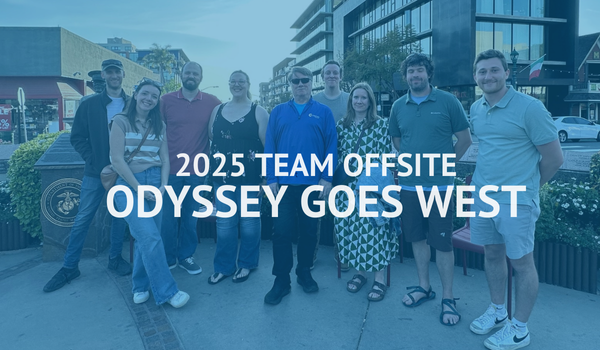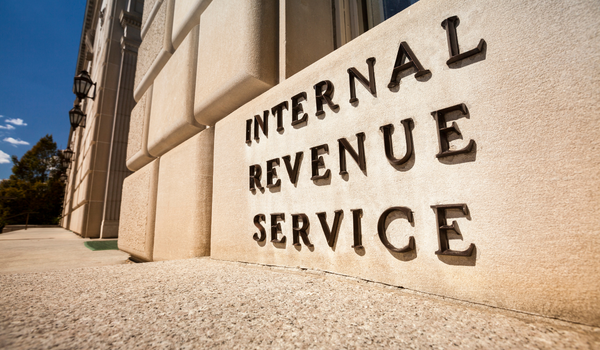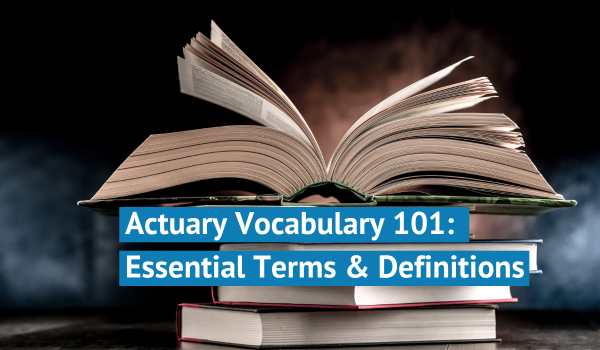Here’s Why You Need a Third Party Administrator (and How to Hire the Right One)
July 2, 2021|Stephanie Irvin

Bottom Line Up Front
- Your retirement plan can increase your retirement savings, reduce your income taxes, recruit and retain top talent, and be fully compliant with all government requirements at the same time. That’s where a third party administrator (TPA) comes in.
- A TPA or retirement plan consultant design and manage retirement plans that align a company’s needs with its goals while keeping up on the latest compliance legislation.
- Your financial advisor may have recommendations for a TPA, but make sure you do your own research to ensure you select the right partner for your business.

Your retirement plan should be like a financial Swiss army knife for your business. If designed and managed right, it can reduce your income taxes, attract, recruit, and retain top talent, and increase your retirement savings.
Third party administrator (TPA), retirement plan consultant, and ERISA consultant. As a business owner, you’ve probably heard one of these job titles before, but who are they and what do they do?
TPAs work in conjunction with you and your financial advisor to design, manage, and ensure your retirement plan meets compliance requirements and handles daily administrative tasks. Many small to medium businesses (SMBs) choose to work with TPAs to ensure they offer competitive plans that check all the above.
Why You Should Consider Hiring a Third Party Administrator
There’s a saying that I’d be willing to bet you’ve heard before, “you don’t know what you don’t know.” That’s never been more true when it comes to retirement plans. There isn’t a one size fits all plan. So when you’re ready to look into retirement plans for your company, you should consider finding a partner with vast knowledge on plan design, ERISA regulations, and business strategy.
TPAs work with business owners to design employee benefit plans to meet their goals – whether that’s to maximize contributions, reduce tax liability, or increase plan participation. They also ensure that it meets the Department of Labor (DOL) and IRS regulations.
In addition, they also maintain and manage a retirement plan’s compliance. They’ll collect information such as annual census data to prepare your annual tax returns and compliance testing. In a majority of retirement plans that are audited, they uncover ERISA violations that pertain to how the plan document was interpreted. These fines can be costly so working with a knowledgeable TPA is crucial to ensuring you comply with ERISA regulations.
Retirement Needs & Goals Evolve Over Time
There’s common progression throughout the life of a business when it comes to its retirement plan. It typically corresponds with the size of the company and how profitable they are. For example, when you first start your business, funding a retirement plan isn’t likely to be on your radar since you’re still trying to bring in a steady cash flow.
Once your business starts generating a healthy cash flow and you’re streamlining more processes, that’s when you’re ready to start thinking further ahead. A lot of businesses in this stage will look into a Savings Incentive Match Plan for Employees Investment Retirement Account (SIMPLE IRA). It’s a tax-deferred investment plan that requires little administration.
As your business continues to grow and you start hiring more employees, you’re going to want a more competitive and flexible plan. SIMPLE IRAs are easy to maintain, but they have lower contribution limits, are priced per person (more employees = higher cost), and don’t attract high-end talent. This is where you’ll start looking into 401(k) plans.
The main triggers for switching to a 401(k) plan:
- You and your employees want to save more
- The option for Roth contributions
- Income tax savings opportunities
- Increased plan flexibility with the options to add additional features
With a 401(k) plan, you’ll also have the option to adopt a cash balance plan. Think of it as a bonus plan that allows large contributions for key stakeholders within the company – typically $100,000 or more and are fully tax-deductible.
4 Things to Consider When Hiring a TPA
When you’re ready to establish a 401(k) plan for your business, that’s when you should consider hiring a third party administrator. Similar to when you hire a lawyer or accountant, you’ll want to make sure that your goals and needs match the services they provide. You’ll also want to make sure they are highly knowledgeable on the laws and regulations that pertain to retirement plans.
Here are some factors you should consider when hiring a retirement plan consultant/TPA:
- Compliance. This is at the top of our list because it’s the most important. In a typical year, thousands of new regulations and laws are issued in regard to employee benefit plans. However, over the past year and a half, the standard number of laws and regulations has doubled due to the pandemic. The best piece of advice I could give you is to give this area some due diligence when looking at different consulting firms. Ask them how they stay up-to-date on pending or new regulations and how they ensure that your plan will maintain full compliance with all government requirements.
- Communication. Since they are a service provider, you will be working with them frequently. Your relationship with the consultant will be based on trust, transparency, cooperation, and partnership. Having good communication is key in order to make sure they select the right retirement plan for your business and your goals. Your TPA will also need to work alongside your financial advisor.
- Cost. Make sure to review more than just the firm’s fees when making your decision. Can they help you minimize claim and administrative fees? Good firms have been known to reduce these costs, sometimes even less than if you were to handle the administration on your own. Make sure to ask about all of the services they provide and any fees associated.
- Experience. Don’t only ask how long they’ve been in business. Instead, ask if they’ve worked with clients similar to you and if they can send you the scope of what they’ve done for them, numbers included. Do they have any case studies they could show you? Ask them to show you, rather than tell you.
Partnering with the right TPA/consultant can be a great asset for you and your company. It’s a small price to avoid the hassle that goes into choosing and managing your retirement plan on your own. If you have any questions or need further information, please contact us. No strings attached.

About The Author Stephanie joined the Odyssey Advisor’s team all the way from the Lonestar state in November of 2020. She is versatile in her abilities and has experience in copywriting, photography, and analytics. She helps tell our brand story and convey...
More Insights From This author

September 2, 2025
Stephanie Irvin

October 15, 2024
Stephanie Irvin

November 29, 2023
Stephanie Irvin

November 15, 2023
Stephanie Irvin





